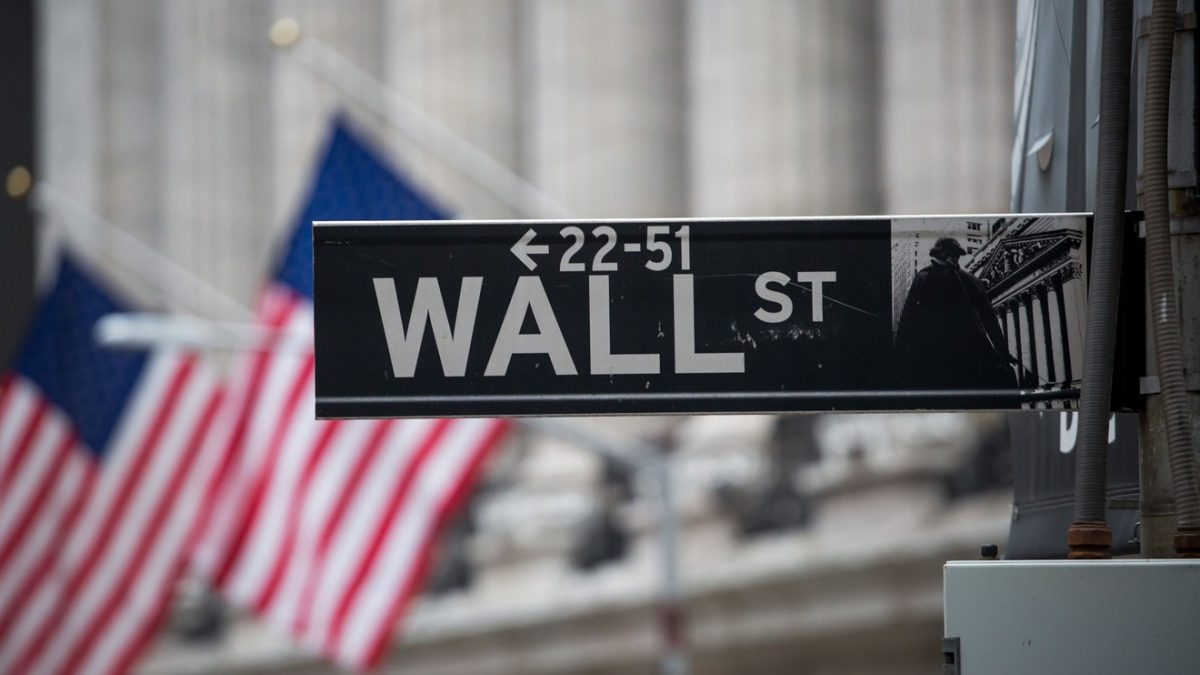Boeing stock sheds 18.2%, leading Dow down

Published: March 11, 2020 at 4:55 p.m. ET, By Sunny Oh and Joy Wiltermuth
U.S. stocks slumped Wednesday, with the Dow ending in bear-market territory for the first time in more than a decade, after the World Health Organization designated the global spread of COVID-19 a pandemic, unnerving investors already disappointed with the lack of an economic policy response from the Trump administration.
How did the major indexes fare?
The Dow Jones Industrial Average US:DJIA plunged 1,464.94 points, or 5.9%, to settle at 23,553.22, with the blue-chip benchmark’s close below 23,641.14 marking a bear market, widely defined as a drop of at least 20% from a record intraday peak.
The S&P 500 US:SPX fell 140.85 points, or 4.9%, to close at 2,741.38. The Nasdaq Composite US:COMP tumbled 392.20 points, or 4.7%, to end at 7,952.05.
The S&P500 and Nasdaq have closed lower for four of the past five trading days. The S&P500 index is down 15.15% year-to-date and at its lowest level since February 11 last year, while Nasdaq is down 11.37% for the year.
What drove the market?
Markets were looking for reassurances from the U.S. government that it would be at the ready with a quick fiscal stimulus package to bolster the economy from the coronovirus epidemic.
However, U.S. Treasury Secretary Steven Mnuchin said Wednesday a robust economic stimulus won’t be able to pass Congress quickly and he threw the Trump administration’s support behind a smaller measure designed to help small businesses and workers grappling with the coronavirus outbreak.
Disappointment over a lack of fiscal stimulus plans dragged stocks lower, but the WHO’s declaration viral outbreak as a pandemic — a term that refers to the spread of a disease from human-to-human on several continents, appeared to help deepen selling pressure on Wall Street.
In a bid to calm market jitters, President Trump on Wednesday held a press conference with America’s top banking executives only minutes after the closing bell.
“This is not a financial crisis,” said Michael Corbat, Citigroup’s chief executive officer, during the White house press conference. “The market is going through a period of trying to figure out price discovery,” Corbat said. “The good news is that the markets have performed in an orderly way.”
Meanwhile, policy makers internationallly have begun to ease the pressure on businesses, with the Bank of England delivering an emergency interest rate cut and the U.K. government pledging fiscal stimulus in its budget Wednesday. German Chancellor Angela Merkel promised to do “whatever is necessary” and the European Central Bank’s president warned of an economic shock like the 2008 financial crisis.
Investors have called for more focused measures by the U.S. Congress and the White House to support businesses and corporations that could suffer a sharp decline in revenues if consumer spending drops. Until Wall Street gains clarity on what a spending package might look like, investor sentiment could remain shaky, analysts said.
“Are we now going into a back-and-forth between the White House and the Senate and the House of Representatives over potential measures? The market doesn’t want to hear this tug of war, they want to know if Congress will be able to cushion the economy,” Quincy Krosby, chief market strategist at Prudential Financial, told MarketWatch. “The hope is that we see a fiscal spending package targeted at the vulnerable areas in the economy,” she said.
Trump, at the press conference with bankers, said that several avenues of stimulus were being explored and is scheduled to make a statement later Wednesday.
Markets are also pricing in an easing of monetary policy from the European Central Bank at its Thursday meeting, while the Federal Reserve, which delivered an emergency rate cut last week, is expected to ease further at its regular policy meeting next week.
In U.S. economic data, there was little sign yet of any impact from the coronavirus epidemic on inflation. The consumer-price index edged up 0.1% last month, the government said Wednesday, while the annual rate slipped to 2.3% from 2.5% in January.
Which companies were in focus?
Boeing US:BA lost 18.2% and led the Dow down after news of more order cancellations, a hiring freeze, and a report the aircraft manufacturer was drawing down its $13.5 billion credit line this week.
Shares of PepsiCo Inc. US:PEP fell 3.3% after it confirmed it would buy Rockstar Energy Beverage in a $3.85 billion deal.
Shares of Walmart Inc. US:WMT tumbled 4.5% after an associate in Kentucky tested positive for COVID-19. The retail giant also announced it would look into the possibility of implementing store-hour restrictions at 24-hour locations.
How did other markets trade?
European equities turned lower, with London’s FTSE 100 index UK:UKX ending 1.4% lower and the pan-European STOXX 600 Europe index XX:SXXP closed 0.7% lower.
After plummeting 25% Monday, crude-oil prices recovered somewhat during Tuesday trading, but resumed its downtrend on Wednesday. West Texas Intermediate crude for April delivery US:CLJ20 settled off 2.7% at $33.43 a barrel, while May Brent crude UK:BRNK20, the global benchmark, lost 2% to $36.46 a barrel.
Asian markets were led lower by a more than 3% drop for stocks in Australia AU:XJO and South Korea KR:180721, while Japan’s Nikkei JP:NIK was down nearly 2%.
Source: www.marketwatch.com.